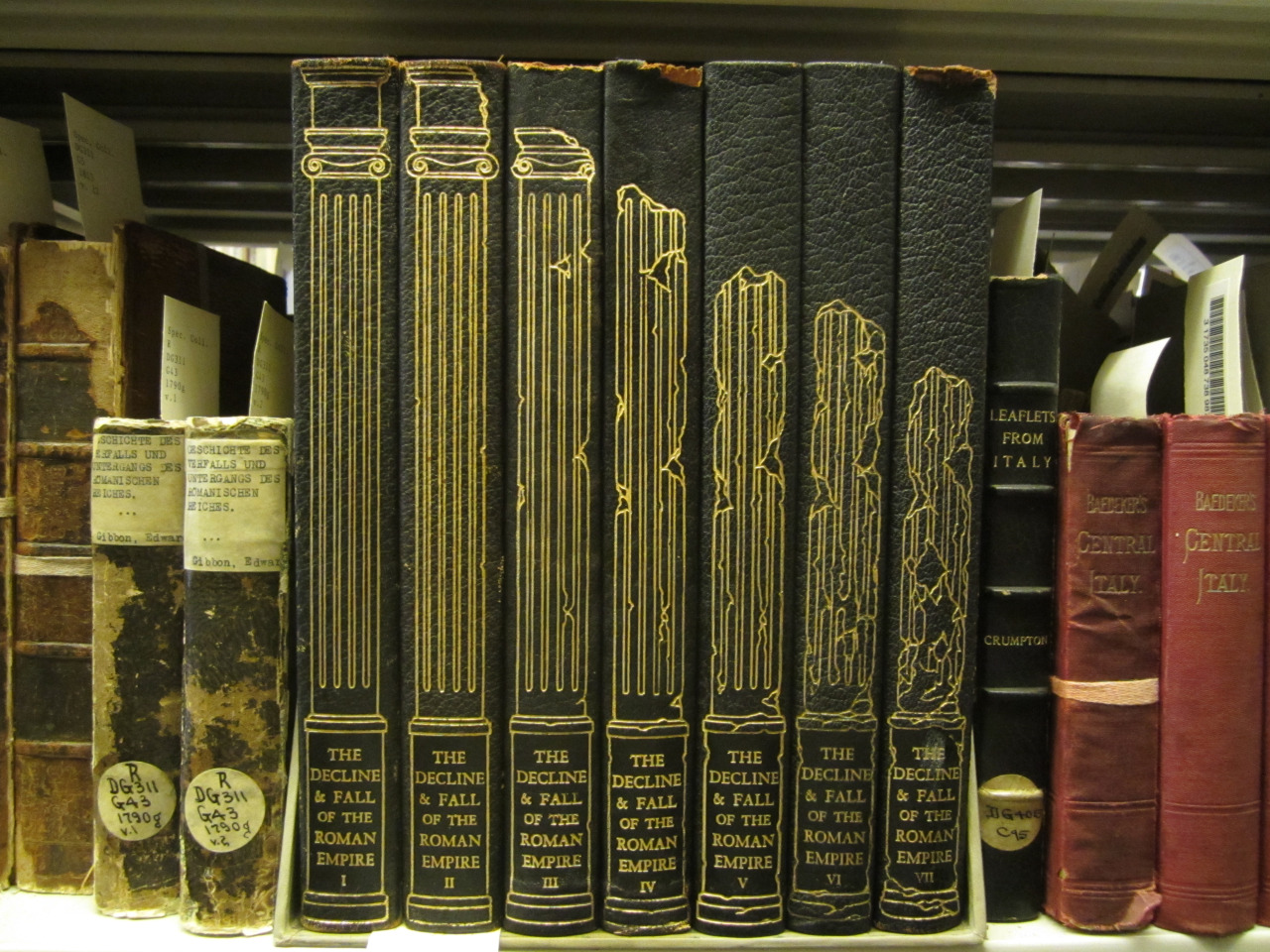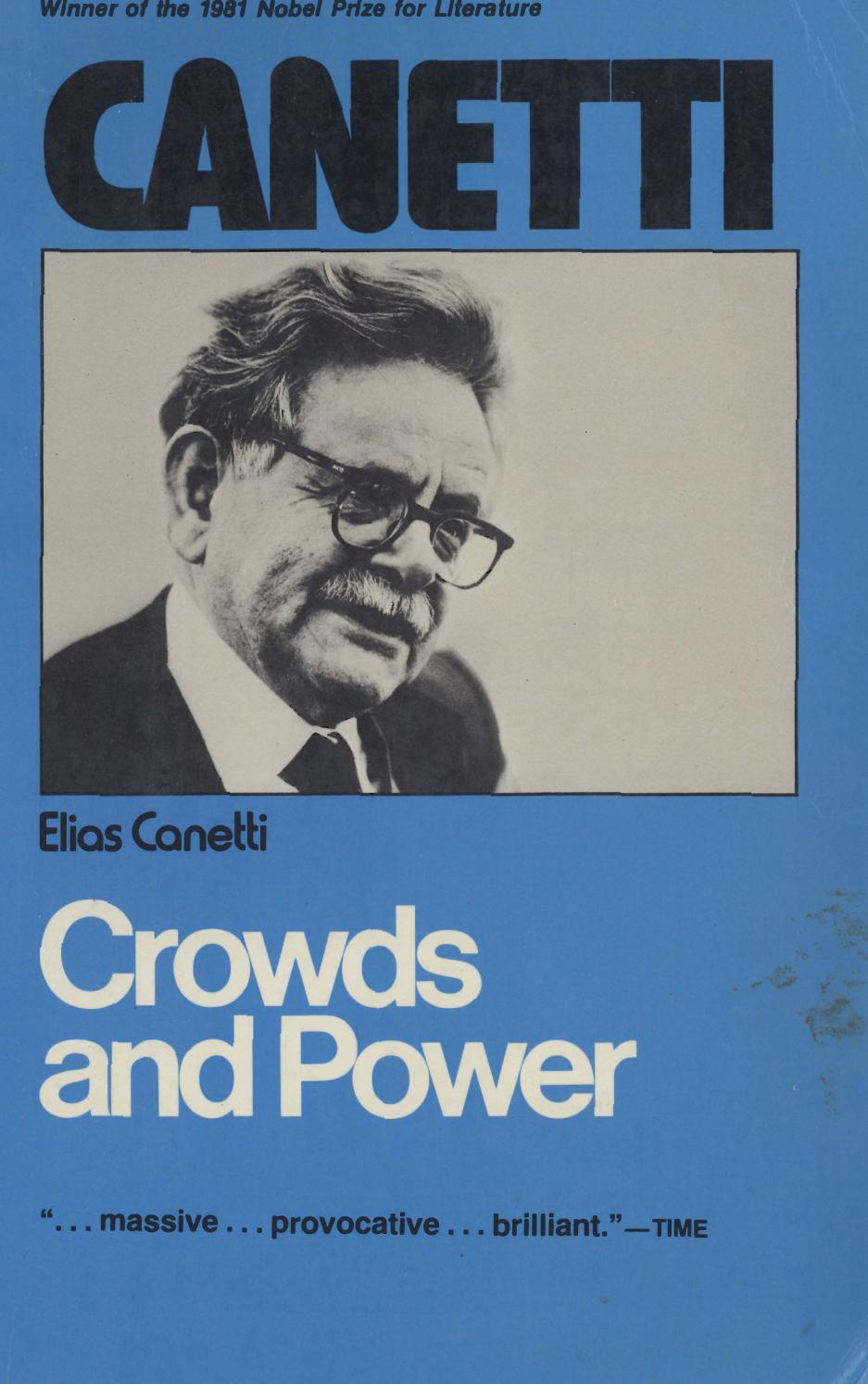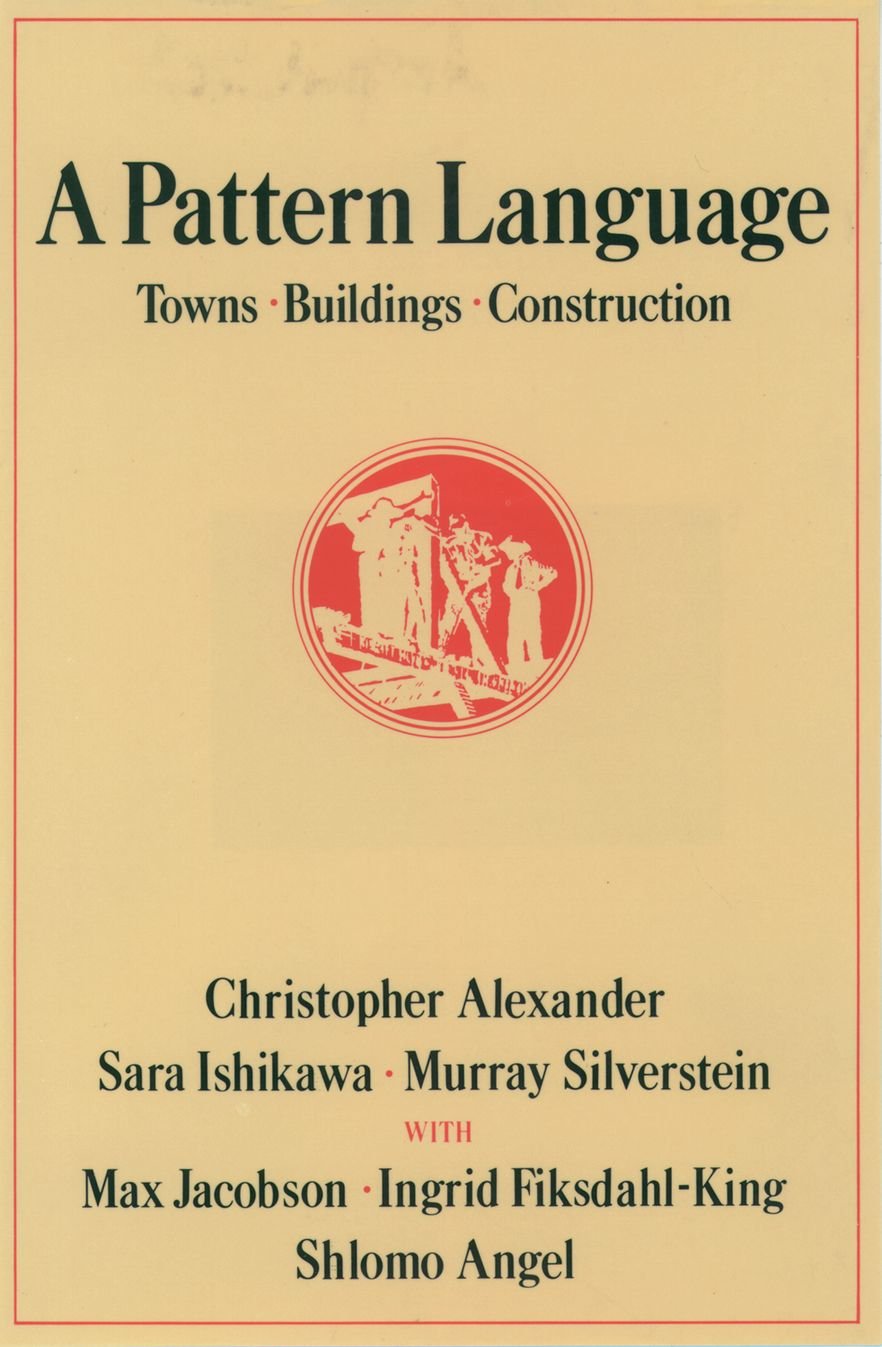The Books We Can Use to Rebuild Civilization, Selected by Neal Stephenson, Brian Eno, Tim O’Reilly & More

With so many of us across the world stuck at home, humanity's thoughts have turned to what we'll do when we can resume our normal lives. This time of quarantine, lockdown, and other forms of isolation urges us to reflect, but also to read — and in many cases to read the important books we'd neglected in our pre-coronavirus lives. Quite a few such volumes appear in the Long Now Foundation's "Manual for Civilization," which longtime Open Culture readers will remember us featuring not long after it launched in 2014. Its name refers to a library, one that according to the Foundation's executive director Alexander Rose "will include the roughly 3500 books most essential to sustain or rebuild civilization."
"Using this as an curatorial principle," Rose adds, "is helping us assemble a very interesting collection of books." So too are their choices of people asked for recommendations of books to put on the Manual for Civilization's shelves.
Take, for instance, the history-focused list of books provided by Snow Crash, Cryptonomicon, and The Baroque Cycle author Neal Stephenson, a prolific writer in his own right:
- Decline and Fall of the Roman Empire, Volumes 1-6 by Edward Gibbon
- The Odyssey by Homer translated by Robert Fagles
- The Iliad by Homer translated by Robert Fagles
- The Structures of Everyday Life: Civilization & Capitalism, 15th-18th Century, Volumes 1-3 by Fernand Braudel
- 1491: New Revelations of the Americas Before Columbus by Charles C. Mann
- Newton’s Principia for the Common Reader by S. Chandrasekhar
- Leviathan: Or the Matter, Forme, and Power of a Commonwealth Ecclesiasticall and Civil by Thomas Hobbes
- The American Practical Navigator: An Epitome of Navigation by Nathaniel Bowditch
- Pax Britannica: A Three Volume Set (Heaven’s Command, Pax Britannica, and Farewell the Trumpets) by James Morris
- Son Of The Morning Star: Custer and the Little Bighorn by Evan S. Connell
- The Siege at Peking by Peter Fleming
- Marlborough, His Life & Times, Volumes 1-6 by Winston Churchill
- The Making of the Atomic Bomb by Richard Rhodes
- Dark Sun: The Making of the Hydrogen Bomb by Richard Rhodes
- The Road to Reality: A Complete Guide to the Laws of the Universe by Roger Penrose
The Long Now Foundation didn't just approach Stephenson because they enjoy his novels: he was previously involved with the Foundation's "Clock of the Long Now" project, a mechanical clock engineered to keep time for 10,000 years and thus serve as a physical reminder of the necessity of long-term thinking. The process of coming up with ideas for the Clock provided Stephenson with inspiration for his novel Anathem, which deals with monastic communities of intellectuals dedicated to safeguarding knowledge against the collapse of society.

Music producer and visual artist Brian Eno's album January 07003 / Bell Studies for The Clock of The Long Now also came out of his own work on the Clock, and as a founding member of the Long Now Foundation he naturally also had a list of books (previously featured here on Open Culture) rich with historical, political, philosophical, sociological, architectural, literary, and aesthetic texts to contribute:
- Seeing Like a State by James C Scott
- The Mind in the Cave: Consciousness and the Origins of Art by David Lewis-Williams
- Crowds and Power by Elias Canetti
- The Wheels of Commerce by Fernand Braudel
- Keeping Together in Time by William McNeill
- Dancing in the Streets by Barbara Ehrenreich
- Roll Jordan Roll by Eugene Genovese
- A Pattern Language by Christopher Alexander et al
- The Face of Battle by John Keegan
- A History of the World in 100 Objects by Neil MacGregor
- Contingency, Irony and Solidarity by Richard Rorty
- The Notebooks by Leonardo da Vinci
- The Confidence Trap by David Runciman
- The Discoverers by Daniel Boorstein
- Mother Nature: A History of Mothers, Infants, and Natural Selection by Sarah Hrdy
- War and Peace by Leo Tolstoy
- The Cambridge World History of Food (2-Volume Set) by Kenneth F. Kiple & Kriemhild Coneè Ornelas
- The Illustrated Flora of Britain and Northern Europe by Marjorie Blamey & Christopher Grey Wilson
- Printing and the Mind of Man by John Carter & Percy Muir
- Peter the Great: His Life and World by Richard Massie

More recently, programmer and publisher Tim O'Reilly drew up an even more expansive list of books for addition to the Manual for Civilization. Owing to the wide and ever-growing array of technical books put out by the publisher that bears his name, you might guess that O'Reilly would mostly recommend volumes pertinent to rebuilding our digital world. In fact he offers a range of highly analog choices, thematically speaking, which he breaks down into four categories. First come the "religious/ philosophical works":
- The Way of Life According to Lao Tzu translated by Witter Bynner
- The Bhagavad Gita translated by Christopher Isherwood
- The Analects of Confucius translated by Roger Ames and Henry Rosemont
- The Trial and Death of Socrates by Plato (translated by GMA Grube, revised by John Cooper)
- Zen in the Art of Archery by Eugene Herrigel
- The New Testament
- An Introduction to Realistic Philosophy by John Wild
- The Hero With a Thousand Faces by Joseph Campbell
- The Masks of God (4 volumes) by Joseph Campbell
Then the literature:
- The Complete Works of William Shakespeare
- Chapman’s Homer: The Iliad and The Odyssey translated by George Chapman
- Samuel Johnson: Poems and Selected Prose
- To the Lighthouse by Virginia Woolf
- The Palm at the End of the Mind by Wallace Stevens
- The Four Quartets by T.S.Eliot
Then books about "science, technology, and society":
- A Pattern Language by Christopher Alexander
- The Death and Life of Great American Cities by Jane Jacobs
- Governing the Commons by Elinor Ostrom
- The Pleasure of Finding Things Out by Richard Feynman
- The Feynman Lectures on Physics by Richard Feynman
And finally, "stuff that would be useful if civilization declines":
- The Foxfire Books edited by Eliot Wigginton (more info)
- The Tracker: The True Story of Tom Brown Jr. by Tom Brown
- Putting Food By by Ruth Hertzberg
- Luther Burbank: His Methods and Discoveries and Their Practical Application by Luther Burbank
- Plant and mushroom identification manuals for every major geography: Edible Wild Plants: A North American Field Guide and Edible Wild Mushrooms of North America
- Guide to Identifying Trees and Shrubs by Mark Zampardo
O'Reilly adds that "you also need engineering, including (bicycles, flight, bridges, and factories), spinning and weaving and the manufacturing technology thereof, metallurgy, materials science, math (including slide rule design and logarithmic tables), chemistry, biology, fundamentals of computer chips (and alternate ways of doing computing without the ability to do a full fab)."
At the Long Now Foundation's site you'll find more recommendations by such luminaries as Whole Earth Catalog founder Stewart Brand, Wired founding editor Kevin Kelly, and Brain Pickings curator Maria Popova. Whether your interests incline toward the technical, the historical, the philosophical, or toward practically anything else besides, the Manual for Civilization has more than a few books for you to digest. (Nearly 900 of them are available for free at the Internet Archive.) What's more, the coronavirus has granted an entirely plausible excuse to spend more of our days reading — and a fairly good reason to consider how we might run society differently in the future.
Related Content:
Brian Eno Lists 20 Books for Rebuilding Civilization & 59 Books For Building Your Intellectual World
Stewart Brand’s List of 76 Books for Rebuilding Civilization
Neil deGrasse Tyson Lists 8 (Free) Books Every Intelligent Person Should Read
The 10 Greatest Books Ever, According to 125 Top Authors (Download Them for Free)
Why You Should Read The Plague, the Albert Camus Novel the Coronavirus Has Made a Bestseller Again
Based in Seoul, Colin Marshall writes and broadcasts on cities, language, and culture. His projects include the book The Stateless City: a Walk through 21st-Century Los Angeles and the video series The City in Cinema. Follow him on Twitter at @colinmarshall or on Facebook.
The Books We Can Use to Rebuild Civilization, Selected by Neal Stephenson, Brian Eno, Tim O’Reilly & More is a post from: Open Culture. Follow us on Facebook, Twitter, and Google Plus, or get our Daily Email. And don't miss our big collections of Free Online Courses, Free Online Movies, Free eBooks, Free Audio Books, Free Foreign Language Lessons, and MOOCs.
from Open Culture https://ift.tt/3b5RRmH
via Ilumina
Comments
Post a Comment